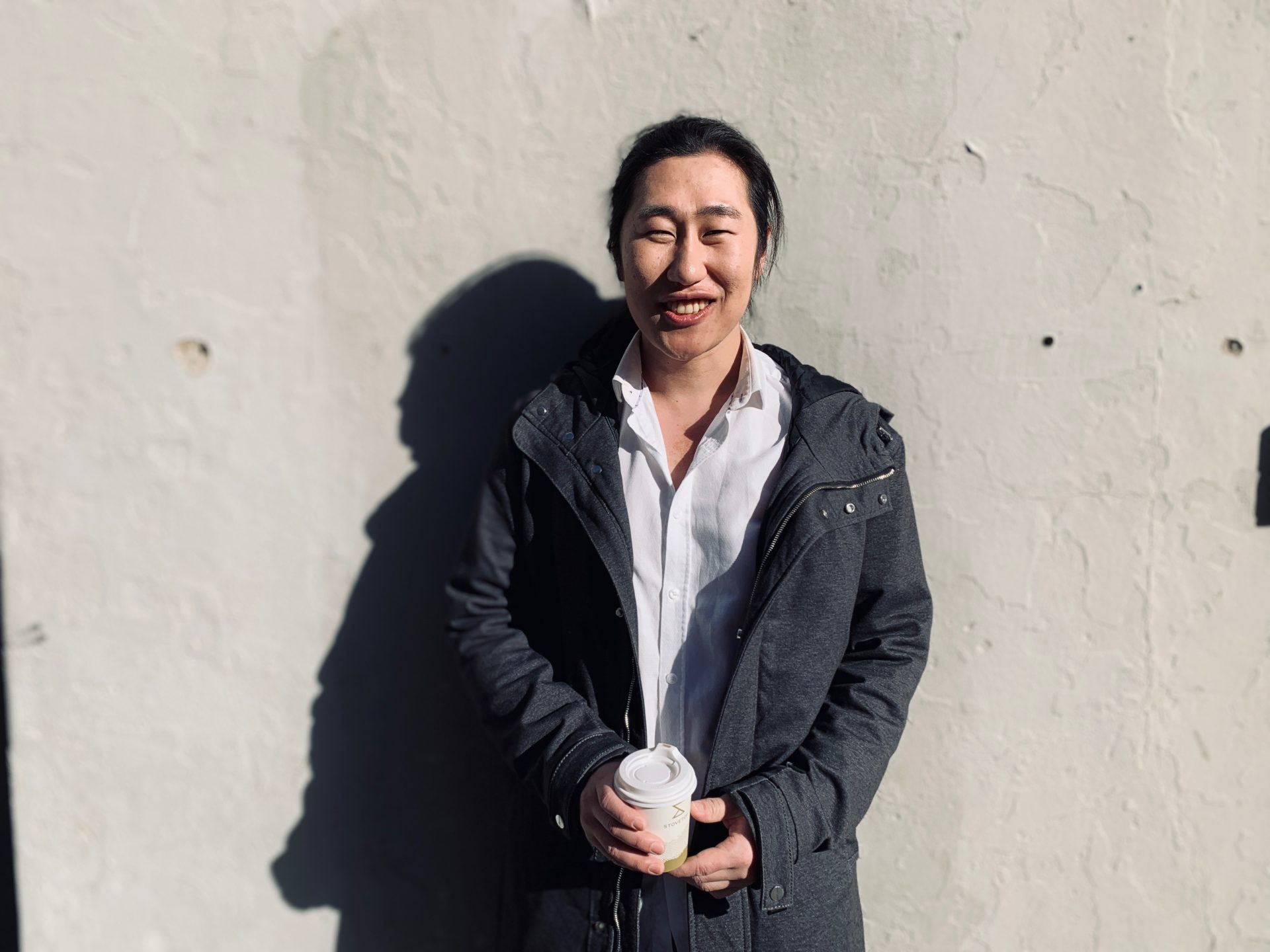What makes a Scholarship winner? Ji Song reflects on life after the TSF
“Can I be a giant dork and take a photo?”
You wouldn’t expect the winner of a prestigious Tertiary Scholarship Fund (TSF) to be so animated, down to earth, or heart-warmingly jittery. But Ji Song is all those things and more.
In 2017, Ji took home the top TSF award, acknowledging his pivotal contributions to community engagement, volunteer work, and academic rigour.
The TSF is an annual scholarship first established in 2005 that is awarded to deserving students in Victoria. The scholarship prides itself on being non-discriminatory, this means a student’s background and income are not considered.
The entire premise of the TSF awards is in encompassing all aspects of what makes a valuable contributor to society. In Ji’s words “an amazing person”.
Ji kept to his promise of using all $5000 by creating an excel spreadsheet and dividing it towards running psychology workshops for university students. Charging nothing for knowledge that is often coupled with a hefty price. “I love learning and knowledge but somethings it’s really expensive,” Ji comments.
While the award is given to a student of excellent academic achievements, TSF also values contributions to society in other forms.
“TSF says we want the academic, but we also want to see that you’re working towards something more than yourself. I think that’s a really important message.”
“It’s really good that people tend to have a focus on hard work, but you need to do it for something. You need to find meaning or community. You need to live and work for something more than yourself,” Ji says leaning into the conversation.
Referring to his after school program entirely run by volunteers to help underprivileged kids, Ji speaks of the benefits and the gravity human interaction has for both parties.
“It feels really good when you see kids change and progress over time… I love it… sometimes we forget how much we can change someone’s life.”
“I think we get stuck in our little privileged bubbles and forget there are other parts of society. We’re all in this together,” Ji says finishing his tea.
Ji then starts opening up about his experiences as a University of New South Wales (UNSW) economics graduate. “I did the economics thing because that’s what my parents wanted me to do, I think a lot of people do that… I know in your 20s you’re always thinking that you’re heaps old and you can’t change, I made my career change when I was 30. I asked myself, ‘Do you think in six years you’ll be okay, or more unhappy?’.”
Feeling like he needed a change, Ji Song then enrolled into RMIT University, studying a Bachelor of Applied Science (Psychology).
Speaking further about his decision to pursue another degree in spite of opposition, Ji says, “I didn’t want to lose those years. I went with it and started psychology because I wanted to help people.” His eyes crinkle with a smile.
It was during his years studying here when he came across the TSF scholarship. The money has since helped him further his knowledge in psychology and provide an opportunity for him to do pro-bono work the world needed.
After graduating from RMIT University, he has gone on to further his studies at Melbourne University in Psychology. As a Ph.D. candidate, his research investigates the relationship between the Self and moral reasoning.
The TSF, through a “colourful and strange interrogation process” (in Ji’s words), aims to find students who care for the right reasons and give them the aid and support some otherwise wouldn’t be privileged enough to have.
As Ji Song said during the interview, “Sometimes we forget how much we can change someone’s life.”
Founded in 2005, the Tertiary Scholarship Fund encourages academic excellence and community involvement amongst full-time students who are enrolled at any tertiary education establishment in the state of Victoria in Australia. The scheme is absolutely non-discriminatory; there is no restriction on an applicant’s background based on nationality, residency, ethnicity or faith. It is also not means nor income tested.
Applications close on Saturday the 31st of August.
Click here for more information and to apply.
